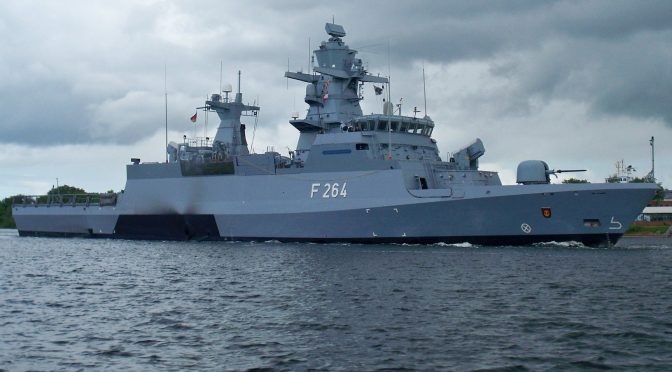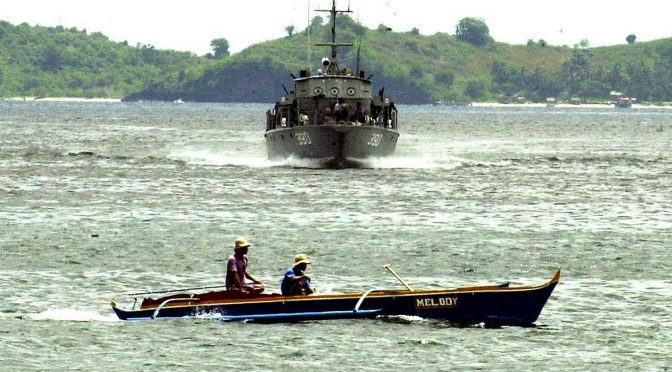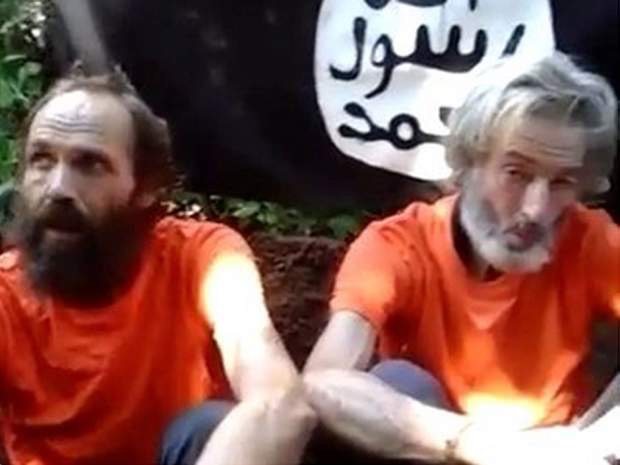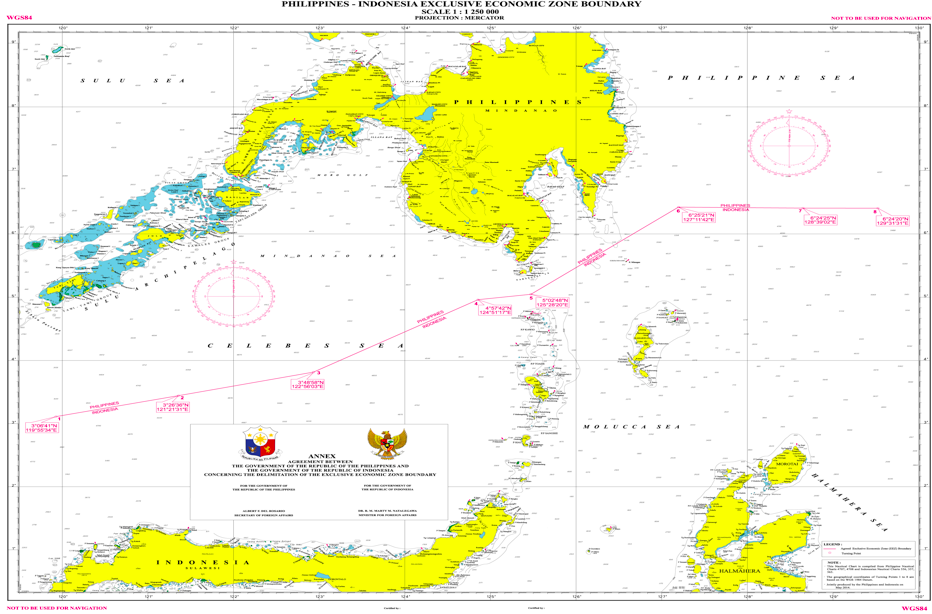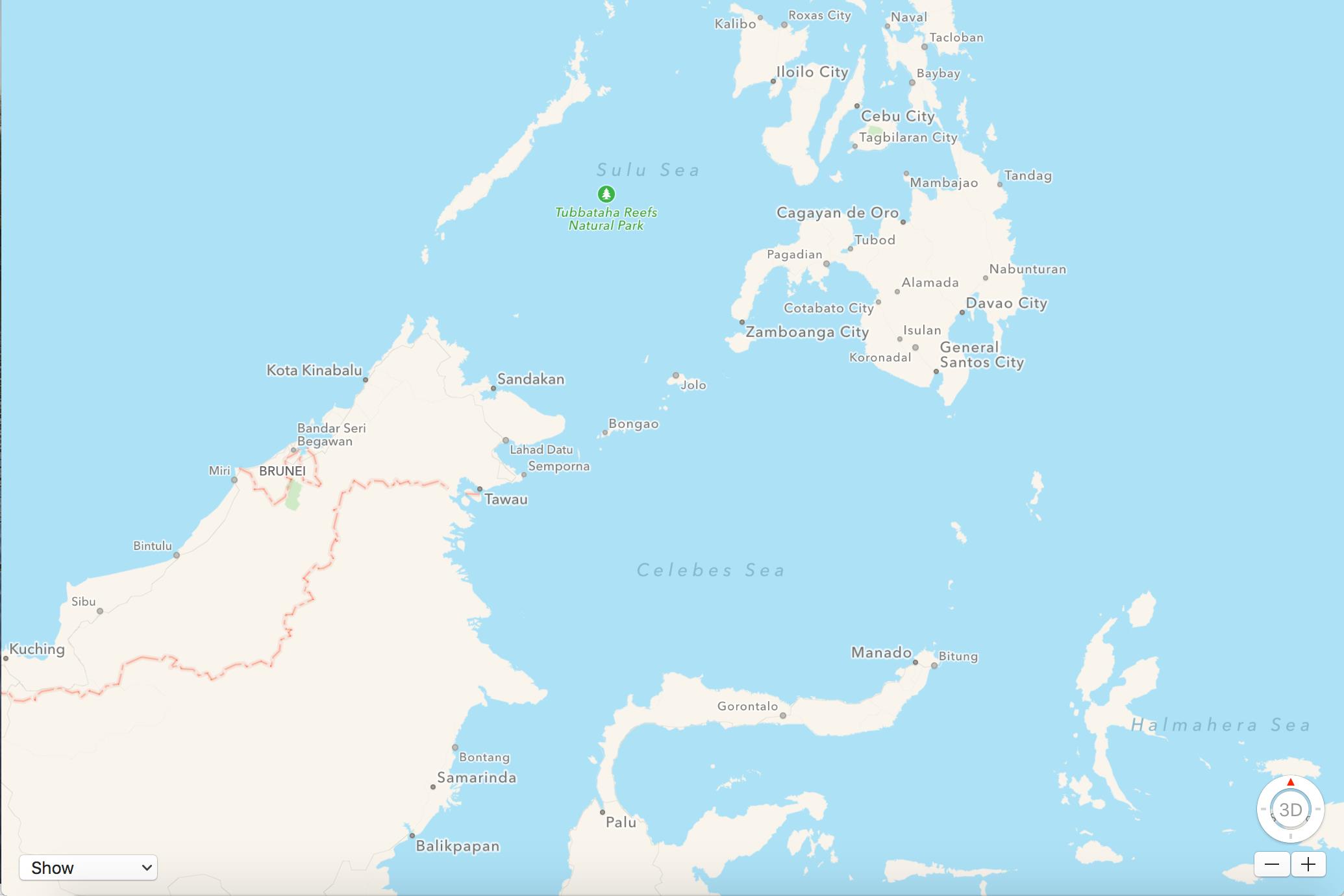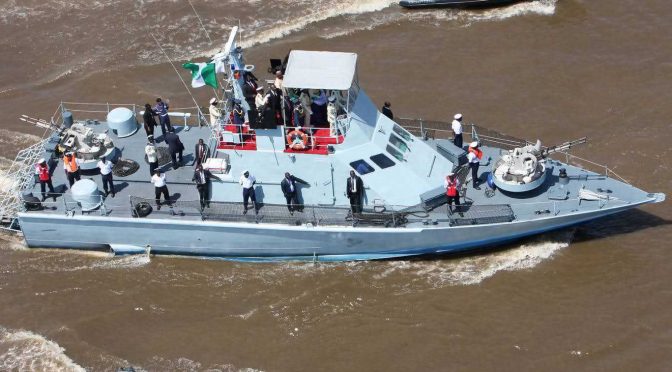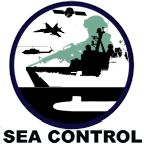The following article is adapted from part of the 2015 Kiel Conference proceedings.
By Dr. Sebastian Bruns
With the deteriorating relations between the West and Russia in the wake of Crimea’s annexation and the hybrid war in Eastern Ukraine since early 2014, the Baltic Sea is suddenly thrust back into the spotlight of naval planners, policy analysts, and students of strategic geography alike.1 This article lays out some principles of looking at the Baltic Sea through the lens of the German Navy, which – while busy conducting a host of maritime security operations (MSO) in such far-flung places as the Horn of Africa, the coast of Lebanon, and the Central Mediterranean for more than two decades – finds itself returning conceptually to one of its home waters. It was the Baltic Sea and related military contingencies that dominated Germany’s naval DNA during the Cold War. Operating in the Baltic Sea was a fundamental part of the German Bundesmarine (Federal German Navy) coming-of-age. In fact, some of the legacy platforms still operated by the German Navy stem from an era that was entirely focused on the shallow and confined waters between Jutland, Bornholm, and farther east.
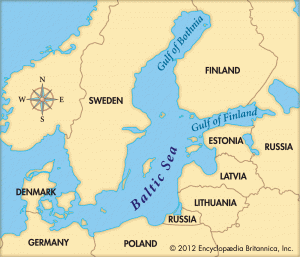
Since 2014, Germany finds itself in need to return to the Baltic Sea operationally, conceptually, and strategically. However, with a smaller navy increasingly stretched for resources, manpower and vessels, Germany cannot afford the luxury of ignoring other maritime security focus areas of the world worthy of a more expeditionary navy. This spells hard choices for the German Navy and its political masters who have depleted many maritime resources while simultaneously expanding the naval operational portfolio. To underline the conceptual reorientation that this strategic challenge demands, this essay first sketches what characterizes this ‘third phase’ of the German Navy (the first phase being the coastal/escort West-German Navy period from 1956 to about 1990, the second phase the expeditionary period from 1990 to about 2014). Second, the piece will discuss a few of the current political dynamics as they relate to naval and political relationships in the Baltic Sea in particular and the German Navy in general. Third, this essay addresses some of the fundamental naval-strategic shortcomings that put a coherent and believable strategic approach at risk. Fourth and finally, a handful of policy recommendations are provided.2
Three Phases of the Modern German Navy
To put the recent challenges to the German Navy into perspective, just as the service is celebrating its 60th anniversary, it is instructive to briefly touch upon some of the conceptual and intellectual frameworks that govern German maritime and naval strategy. Problems with periodization aside, it is helpful to frame the strategic evolution of the German Navy and how it is intellectually and conceptually approaching the return of the Baltic Sea as an area of responsibility.
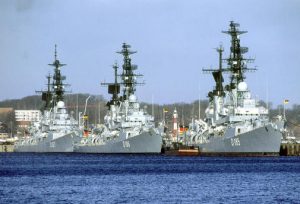
In very broad terms, the ‘first phase’ of the modern German Navy – keeping in mind that the navies before 1945 officially hold no traditional value for the post-war service and are consequently not a point of departure 3 – ran from the inception of the Bundesmarine in 1956 to German reunification in 1990.4 After the devastation of World War II and the demise of the Third Reich, only ten years passed until Germany once again fielded a military. Before the German flag was hoisted again on a warship, a handful of predecessor organizations existed for tasks such as mine-clearing, intelligence gathering, and border patrol. When the Bundesmarine came into being, it was a product of the emerging Cold War and the bipolar world order. There was considerable Anglo-American support after 1945, both covertly and openly, for a new German maritime defense.5 In contrast to the grander aspirations of the decades before, the West German navy was limited to coastal defense (including mine warfare, submarine operations, and air defense) in the North Sea and the Baltic Sea. From the outset and bound by constitutional and political imperatives, the German navy fashioned itself as a territorial defense and alliance force with strict limitations on where and how to operate. Its geographic restriction was eased in the 1970s when missions such as convoy protection in the North Atlantic emerged and more trust was bestowed by NATO allies on West Germany as well as the modernized equipment its navy fielded. From 1980, the Concept of Maritime Operations (CONMAROPS) integrated German posture in the Baltic Sea into the broader NATO-led maritime defense:
“CONMAROPS highlighted the importance of containing Soviet forces through forward operations, of conducting defense in depth, and of gaining and maintaining the initiative at sea. CONMAROPS was based first on deterrence. Should deterrence fail, the strategy was designed to mount a defense far forward in order to protect the territory of the alliance’s European member nations. The concept bracketed NATO’s naval operations into five operational areas or campaigns: the Mediterranean lifelines, the eastern Mediterranean, the Atlantic lifelines, the ‘shallow seas,’ and the Norwegian Sea.” (Børresen 2011: 99)
While increasing cooperation and temporary integration into the Standing NATO Maritime Groups (SNMG) became an integral part of the maritime mindset, Baltic contingencies still formed a key pillar of German strategic naval DNA. The fleet of diesel submarines, mine warfare ships, fast-patrol boats, anti-submarine and air warfare destroyers and frigates, as well as naval warplanes, reflected this.
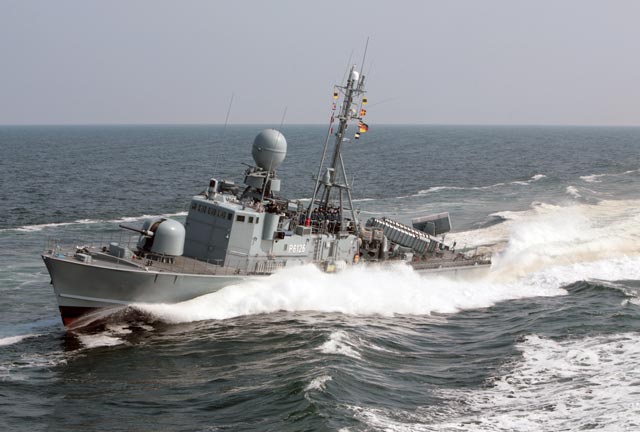
The ‘second phase’ of the German Navy began with the transition from the Cold War posture and lasted for more or less a quarter of a century. The 1990-2014 timeframe was initially characterized by the absorption of the East-German Navy and a shrinking set of assets in the wake of a dramatically changing strategic environment. Real-world crises from 1990 onward mandated a transition of the German escort navy to a more expeditionary force (Chiari 2007: 139). Consequently, the German Navy was no longer confined to waters in its near abroad. Instead, it practiced more diverse, but nonetheless challenging operations in the Mediterranean and the Persian Gulf (Bruns 2016a: 285-287).
Politically, the Baltic Sea, once a contested and disputed area between the East and the West, became a true ‘NATO lake’ with the accession of former Warsaw Pact member states to the North Atlantic Treaty Organization in 1999 and 2004, respectively. To address maritime security and safety challenges, a set of governance regimes was installed, most notably the Maritime Surveillance network (MARSUR) for maritime situational awareness and Sea Surveillance for the Baltic Sea (SUCBAS). The military integration along the Baltic littoral was complemented politically and economically by the expansion of the European Union into Central and Eastern Europe in the early 2000s.6 In the absence of the very Cold War scenarios that the German Navy had practiced for until 1990, the Baltic Sea became little more than a ‘flooded meadow’7 – a site for training and testing, or a theatre of Partnership for Peace (PfP) initiatives with non-NATO members. The commercial use of the Baltic Sea rose significantly with an increase in maritime traffic (both cargo and passenger vessels) and a surge in exploitation of the maritime realm for energy purposes (such as offshore wind farms and gas pipelines), but that did not nearly require as much military attention on the part of Germany as it did in the years prior to the fall of the Berlin Wall.
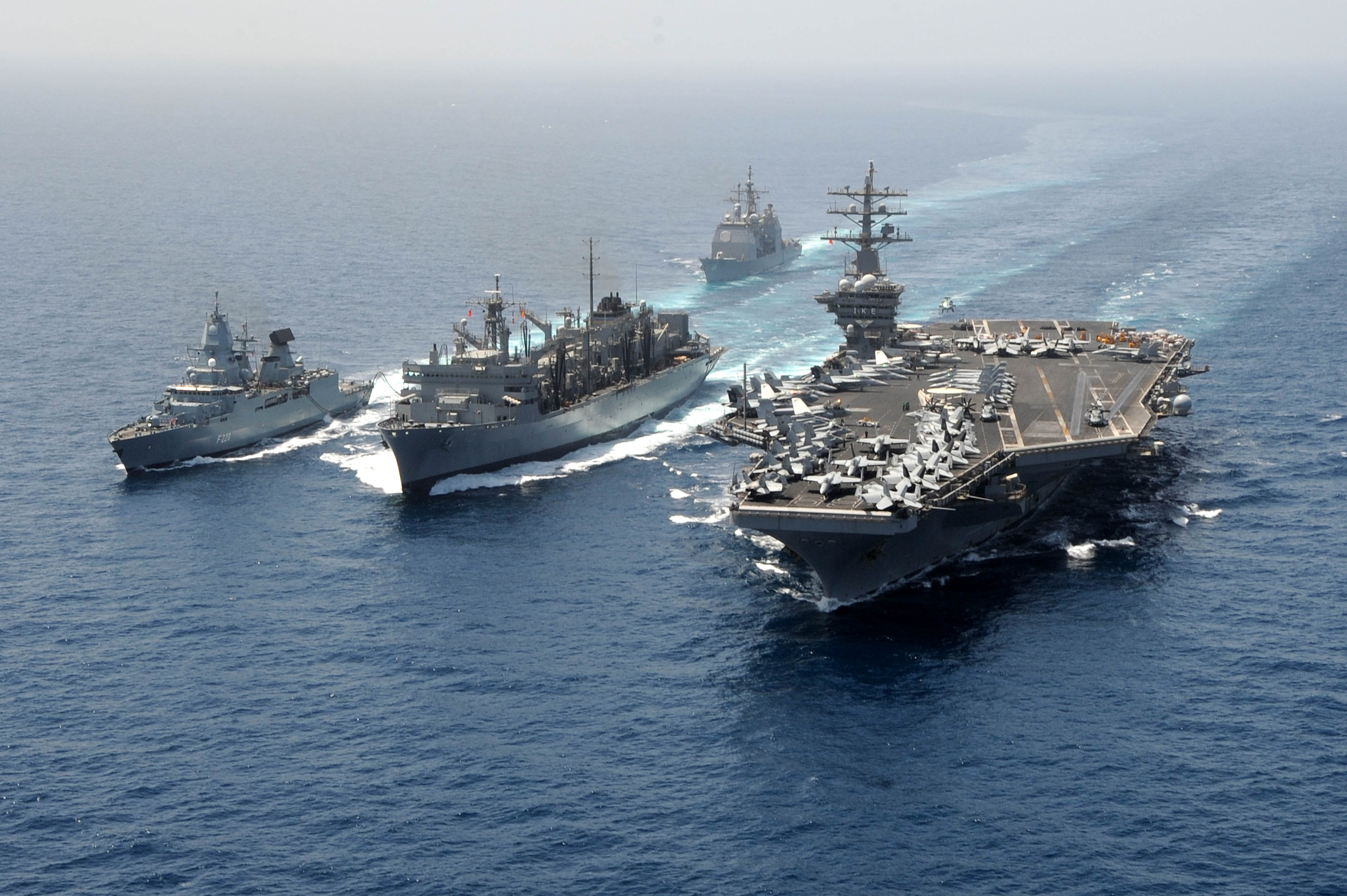
Coupled with the broadened mission set and the distance to the German Navy’s post-Cold War operating areas, this mindset fundamentally shaped how the institution and its people thought about and practiced maritime strategy as a whole. To them, it was something that was designed to address expeditionary challenges in the Mediterranean, off the coast of Africa, or in the Persian Gulf, and nothing that dealt with the ‘Fulda gap’ equivalent at sea near Fehmarn. The Cold War generation of naval leaders and a new generation of officers schooled at fighting pirates, upholding embargoes, providing humanitarian assistance, or patrolling the sea lines of communication existed in parallel for a period of time, often utilizing the very same platforms that were originally designed for fleet-on-fleet tasks envisioned for a NATO-Warsaw Pact conflict. Whereas the warships and maritime patrol aircraft hardly changed, the German naval and maritime strategic horizon, and the public and political understanding of the role and value of the German Navy in the 21st century, did.
The ‘third phase’ began in the wake of Crimea’s annexation and the Ukraine quasi-civil war in 2014. Since Russia’s return to the world stage as a powerful actor willing to use military force rather indiscriminately for political ends, defying the Western model and conceptions about NATO-Russian partnerships, much has changed in threat perception. Spillover effects into the Baltic Sea include Russian harassment of the three Baltic countries (Estonia, Latvia, and Lithuania) as well as Scandinavian allies, the reevaluation of all bilateral and multilateral political and economic relations with Russia, and a significant rearmament of the Kaliningrad exclave. Concurrently, the ever-smaller German Navy, challenged by an unsustainable force structure trajectory which has hampered modernization, readiness, recruitment, and operations, finds itself under significant strain.

The German Navy is not the only force which needs to refocus on the Baltic Sea, as Denmark and Sweden have also reduced many of their capabilities that they no longer regarded as necessary for their own maritime transitions since 1990. Still, the German Navy finds itself as the largest Western Navy in the Baltic Sea, despite the transfer of the naval bomber arm to the Luftwaffe in 1993 (and the loss of respective capability), the phasing out of the Bremen-class frigates since 2012, the scheduled decommissioning of the remaining fast-attack boats of the Gepard-class in 2016, and the shrinking of the submarine and mine countermeasures (MCM) force. At the same time, the German Navy is forced to refashion its contribution to German defense and national security. The upcoming White Book on German defense policy (the first since 2006), a new European Union global strategy due out this summer as well, and plans to update NATO’s Alliance Maritime Strategy (AMS) of 2011 are the push factors that frame how the Navy must articulate its missions. Keeping in mind that strategic cultural change is very hard, if not impossible, to mandate, there are two capstone documents being planned /written to complement and operationalize the White Book. First, a dedicated top-level service vision dubbed Dachdokument Marine,8 and second, a more focused naval operational strategy dubbed Militärische Seefahrtstrategie. The thrust of both documents is that the German Navy is no longer afforded the luxury of choosing their maritime focus areas. It must be both, a homeland and alliance defense force, as well as a capable integrated regional power projection navy.
Current Baltic Sea Maritime Challenges
Such a shift of attention and focus is challenging. Until recently, German politics has been very consumed by mass migration from Africa and the Middle East. In fact, not one, but two naval missions (one in the central Mediterranean and one in the Aegean Sea) with significant German Navy participation speak volume to the size of the problem perceived by Berlin – although these missions are hardly what navies are built and maintained for.9 Meanwhile, there is a larger sense in Berlin that the German Navy is overstretched and underfunded. Given its hollow force structure, the dire human resources situation in the wake of transforming the Bundeswehr into an all-volunteer force, and the strain of ever-longer deployments with increasingly overburdened warships, the need for improved strategic guidance and more resources for Berlin’s 911-force of choice is evident.
For the time being, such political challenges cloud the deteriorating relationship with Russia over the Baltic Sea. Russia’s intimidating actions are widely seen with a grain of salt within the security community, but the wider German public is hardly critical of the shift and fails to comprehend Moscow’s motives as well as the complexities of international politics. A case in point was the recent ‘buzzing’ of the U.S. Navy’s Arleigh-Burke-class destroyer USS Donald Cook (DDG-75) in international waters in the Baltic Sea. Susceptible to Russian and anti-American narratives, it was questioned why the U.S. Navy operated in the Baltic Sea in the first place.
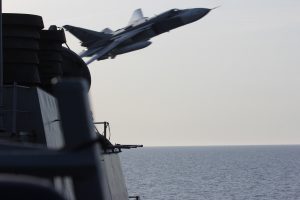
German-Russian relations in the Baltic Sea realm are still fundamentally about economic ties, some with considerable personal investment of high-ranking policy-makers like former chancellor Gerhard Schröder. The Northstream pipeline, which transfers Russian gas to Germany on the seabed, might offer a point of departure to exert political leverage on Moscow, but it also raises fears of a tainted German-Russian deal over Central European countries’ national interests, as has happened in the past. For the German Navy, the Baltic Sea has lost little of its ‘flooded meadow’ characteristics, at least when it comes to potential naval missions in the area. Four of the five major German Navy installations (Eckernförde (class 212A submarine base), Kiel (home of Flotilla 1 and the Centre of Excellence for Operations in Confined and Shallow Waters), Neustadt/Holstein (damage control training facility), and Rostock (home of the naval command and home port to the largest German Navy surface combatants in the Baltic Sea) are located here, but conceptual and strategic innovation in terms of smart power beyond good order at sea remain scarce.
German Shortcomings
There are a number of areas where shortcomings are evident, and these need to be addressed now. While it would be easy to simply ask for more money to be poured into the Army and Luftwaffe-centric German defense budget, the more fundamental challenge is that of an intellectual kind. Little has changed from this 2013 assessment:
“The German Navy’s contributions to NATO’s maritime roles fall mainly within the lower end of the operational spectrum. Germany’s cruising navy provides little in the way of power projection but, for out-of-area operations, the fleet adds to alliance maritime security and cooperative security, and, though the sea-control capabilities resident in these platforms, it can contribute to collective defense.” (McGrath 2013: 6)
The question that begs an answer then is just what role sea power plays for the government in Berlin, and just how the German Navy can provide the necessary options to the political decision makers (including the respective price tags).
While Germany is lacking certain capabilities worthy of a medium-sized navy (such as the vaunted joint support ships capable of launching and supporting, amphibious operations from the sea), it is also lacking vocabulary for a more confrontational stance requiring hard-power capabilities on the one hand, and a clearer understanding of the roles and missions of naval forces on the other hand. One will be hard-pressed to find anyone in Berlin or Rostock who is war-gaming in earnest anti-access/area denial (A2/AD) scenarios in the Baltic Sea, or who is discussing with salience the naval side of deterrence and hybrid scenarios in the Mare Balticum. This is all the more discomforting because Germany has signed up to, but obviously not understood, NATO’s Alliance Maritime Strategy. This document from 2011 contains language that should inform partner nations’ naval outlook. The AMS mentions four areas for alliance naval activity: deterrence and defense, crisis and conflict prevention, partnership and cooperation, and maritime security. If one decides to focus on particular areas over others, such cherry-picking will amount in demonstrating a lack of coherence and conviction, which is both disastrous for the navy as a foreign policy tool, German standing, and for those Baltic Sea neighbors keen for alliance protection.
The challenge for any workable strategy is to prioritize. With finite resources, and certainly for a powerful country such as Germany, the task is to balance the force adequately so that it can do both. It needs to be able to conduct expeditionary operations under an international EU, UN, or NATO mandate together with other navies (think anti-piracy off the coast of Somalia or naval capacity-building such as in Lebanon), and also provide sustained territorial and alliance defense for and from the home waters. A flawed appreciation for strategy or an unwillingness to even think and act strategically is guaranteed to make such endeavors outright impossible. The objective is, to put it in the words of one analyst, “strategic flexibility and ambiguity of response” (Kofman 2016) against a changing strategic landscape in the Baltic Sea. The German government would be well-served to look into the NATO treaty, in particular Article 5, and make all efforts to provide adequate resources for its military to honor previous commitments. It would follow that the German Navy, which has all but lost its ability in many traditional naval mission areas such as anti-air warfare (AAW), antisubmarine warfare (ASW), and anti-surface warfare (ASuW), would require better intellectual and financial preparation.
Window of Opportunity: A Few Policy Recommendations
A popular saying notes that in the long-run, the pessimist may be proven right, but the optimist has the better time on the trip. In that spirit, there is a window of opportunity.
First, now is the time for a broader and more focused German maritime and German naval strategy. Self-evidently, these documents would need to carry the thrust of the government and in their scope and relevance not be limited to a particular service or department. They would also need to be deconflicted with the White Book and with relevant emerging EU and NATO strategies, while also honoring commitments from previous national and multinational capstone documents. Such a German naval strategy can focus on high-end design for its forces, extrapolated from its defined naval missions in support of Germany’s security and defense policy.
Second, it would embrace temporary integration with its allies beyond the Standing NATO Maritime Groups (SNMG) to finally provide teeth to the concept of shared and pooled resources. Third, low-end maritime security operations on the side would still be in the portfolio, but ships and aircraft would do these on the side, so to speak, rather than this being the chief strategic concern.
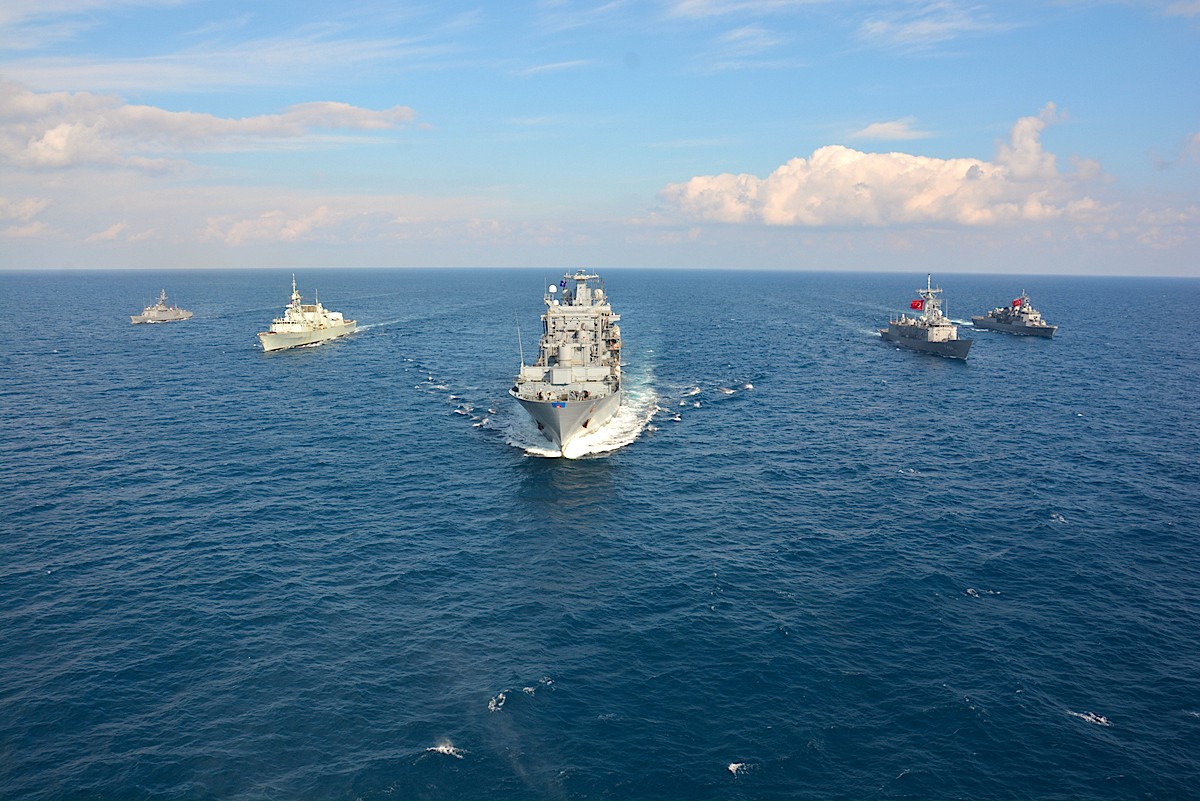
Fourth, it would address the intellectual gaps that have emerged in Germany on the role of naval forces as a foreign policy tool, speak on contemporary maritime scenarios such as hybrid or asymmetry, and provide a sense of direction for the navy. This would definitely strengthen the European pillar of NATO. A return to the ‘bracketing’ approach of CONMAROPS could serve to connect areas of alliance maritime interests. Fifth, it would give the service and its political masters the sense that the maritime challenges of the 21st century are not entirely new. In fact, such a capstone document could address some of the constants of naval issues and initiate a hard look at recent (Cold War) history to address the dynamics of a forward-operating focus, and the role of maritime power for Germany.
Sixth, a capstone document would give allies (and opponents) the opportunity to read about what Germany is up to in the maritime domain. It would sketch avenues to engage with the German Navy. This could mean more exercises, also in the Baltic Sea and beyond such established annual events as BALTOPS. Eventually, it would also provide a sense of direction for those countries in the Baltic who feel most threatened.
It should not come as a surprise that the Baltics are determined to defend against Russia, but they seek German leadership as a responsible lead nation in the Baltic Sea area. Germany should take this seriously.
Dr. Sebastian Bruns directs the Center for Maritime Strategy and Security at the Institute for Security Policy at Kiel University (ISPK). He recently published the edited volume Routledge Handbook of Naval Strategy and Security (London 2016) together with Joachim Krause. Dr. Bruns, a former Congressional staffer in Washington, D.C., is also one of the project directors of the Kiel Conference on maritime security challenges, soon in its third iteration. This article is part of the 2015 Kiel Conference proceedings, available upon request by e-mail or online (www.ispk.org).
Endnotes
Børresen, Jacob (2011), Alliance Naval Strategies and Norway in the Final Years of the Cold War, Naval War College Review Vol. 64 (2), 97-115.
Breyer, Siegfried/Lapp, Peter Joachim (1985), Die Volksmarine der DDR: Entwicklung, Aufgaben, Ausrüstung, Bonn: Bernhard & Graefe.
Bruns, Sebastian (2016b), A Call for an EU Auxiliary Navy – under German Leadership, Center for International Maritime Security (CIMSEC), 1 March 2016, https://cimsec.org/a-call-for-an-eu-auxiliary-navy-under-german-leadership/22385 (18 May 2016).
Bruns, Sebastian (2016a), Elements of Twenty-First-Century German Naval Strategy, in: Joachim Krause/Sebastian Bruns (eds.), Routledge Handbook of Naval Strategy and Security, London: Routledge, 283-295.
Bruns, Sebastian (2005), “The Role of the United States Navy in the Formation and Development of the Federal German Navy, 1945-1970”, Washington, D.C.: Naval History and Heritage Command, http://www.history.navy.mil/research/library/online-reading-room/title-list-alphabetically/r/the-role-of-the-united-states-navy-in-the-formation-and-development-of-the-federal-german-navy-1945-1970.html (18 May 2016).
Chiari, Bernard (2007), Von der Escort Navy zur Expeditionary Navy: Der deutsche Marineeinsatz am Horn von Afrika, in: Wegweiser zur Geschichte. Horn von Afrika, im Auftrag des Militärgeschichtlichen Forschungsamtes herausgegeben von Dieter H. Kollmer und Andreas Mückusch, Paderborn et al.: Schöningh, 126-139.
Kofman, Michael (2016), “Fixing NATO Deterrence in the East or: How I Learned to Stop Worrying and Love NATO’s Crushing Defeat by Russia”, Warontherocks, 12 May 2016, http://warontherocks.com/2016/05/fixing-nato-deterrence-in-the-east-or-how-i-learned-to-stop-worrying-and-love-natos-crushing-defeat-by-russia/ (26 May 2016).
McGrath, Bryan (2013), “NATO at Sea: Trends in Allied Naval Power”, National Security Outlook No. 3, Washington, D.C.: American Enterprise Institute.
Peifer, Douglas (2002), The Three German Navies: Dissolution, Transition, and New Beginnings, 1945-1960, Gainesville: University of Florida Press.
Pfeiffer, Ingo (2014), Seestreitkräfte der DDR. Abriss 1955-1990, Berlin: Miles.
1. A selection of further reading (of only the very recent analyses) includes Lucas, Edward (2015), “The Coming Storm. Baltic Sea Security Report”, Centre for European Policy Analysis (CEPA), Washington, D.C.; Lundqvist, Stefan & Widen, JJ (2015), “The New US Maritime Strategy. Implications for the Baltic Sea”, The RUSI Journal, 160:6, pp. 42-48; Kramer, Franklin & Nordenman, Magnus (2016), “A Maritime Framework for the Baltic Sea Region”, Atlantic Council Brent Scowcroft Center on International Security, Washington, D.C.
2. This chapter is based on a presentation given in Arlington (Virginia), United States, on 21 March 2016. The author wishes to acknowledge the Center for Naval Analyses (CNA), sponsor and facilitator of that roundtable discussion, for its support.
3. See Douglas Peifer (2002) for an interpretation which pushes back against the perception that there were little continuities from the Kriegsmarine in the post-World War German navies. Quite the contrary was the case.
4. The East German Volksmarine (People’s Navy) was disestablished in 1990 with much of its materiel decommissioned/sold; the majority of its officers and enlisted personnel were laid off. The service thus remains but an episode in German naval history without much resonance in its post-1990 DNA and is therefore not subject to deeper consideration for this article. For (German-language) introductions to the Volksmarine, see Siegfried Breyer/Peter Joachim Lapp (1985) and Ingo Pfeiffer (2014).
5. See Bruns (2005) for an annotated bibliography of U.S. Navy influence on the development of the West-German navy for the 1945-1970 timeframe.
6. The EU has fielded its own Baltic Sea Strategy which focuses entirely on environment and good governance aspects.
7. The Baltic Sea is frequently referred to as little more than a flooded swamp, in particular by members of the German naval community. This affectional characterization is based in the shallow and confined hydrography of this particular body of water and the strategic geography it entails, making it a unique area for naval operations and the political use of sea power.
8. Full disclosure: This author has been part of the group that was tasked with conceptualizing and writing the drafts of that document.
9. For a pledge to consider establishing an auxiliary navy to address low-end maritime missions (a European Coast Guard by another name), see Sebastian Bruns (2016b).
Featured Image: Corvette Ludwigshafen am Rhein ( F 264 ) in magnetic surveying at the Wilhelmshaven Wiesbaden Bridge (Ein Dahmer)

